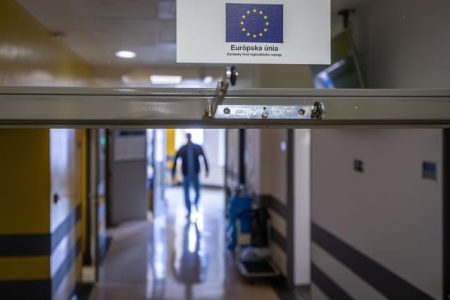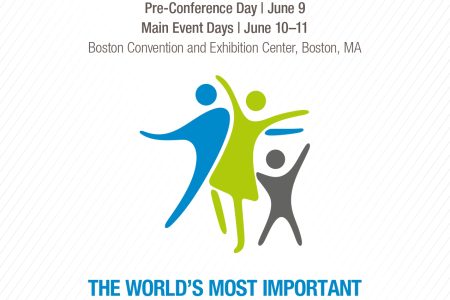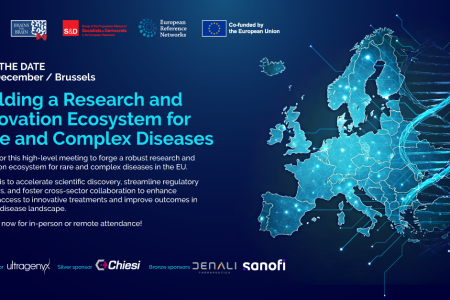On 28 February, coinciding with the 2025 Rare Disease Day, Parliament’s public health committee, SANT, launched an online survey to gather insights on rare diseases. The initiative aims to build a detailed understanding of the challenges faced by individuals affected by rare diseases, as well as to collect views from stakeholders—including patients, caregivers, industry representatives, and NGOs—to inform future policy and legislative reforms.
The consultation, open for one month, invites all interested parties to provide anonymous input on their difficulties, needs, and expectations regarding further EU actions in the field. This survey follows previous Parliament resolutions that underscored the importance of research into rare diseases and the development of medicines, as well as the call for an EU action plan for rare and neglected diseases.
Rare Disease Day, observed annually on 28 February (or 29 February in leap years), was established in 2008 by EURORDIS and partner organizations to raise awareness for the 300 million people worldwide living with a rare disease. In Europe alone, rare diseases affect approximately 36 million people, with 6 000 to 8 000 rare diseases identified globally. These conditions range from genetic disorders such as Duchenne muscular dystrophy and Huntington’s disease to metabolic, autoimmune, infectious diseases, and rare cancers.
The SANT Committee’s public consultation is a key step in shaping future initiatives, including reforming pharmaceutical legislation and advancing research to meet unmet medical needs in the rare disease community.
Click here to read the related press release.
Click here to access the survey.





